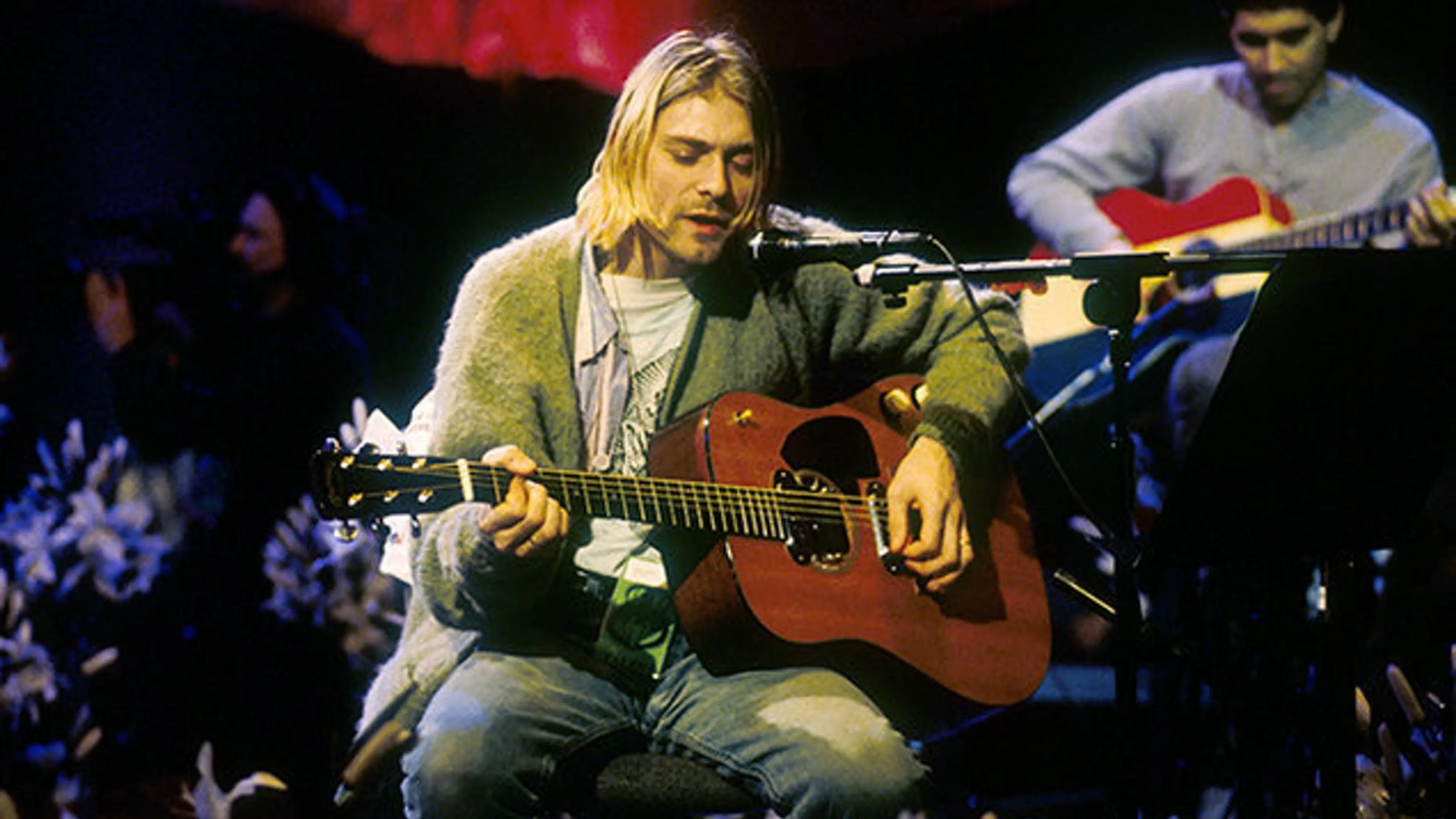That Jonah Matranga, the man behind Far, Onlinedrawing, Gratitude and New End Original – all of them serious bands with deep, meaningful lyrics – would decide to cover Ginuwine’s salacious, heavy-handed but not-quite-explicit song about, well, fucking, is weird enough. That Far do it so well, is even weirder. But that crunching riff, the weird noises that punctuate it, Jonah’s hyper-emotional vocals and the fact that the songs manages to be both wholly serious and tongue-in-cheek (or somewhere else) at the same time make it as much of an absolute triumph of a cover as it as an unlikely one.
